The Supply Chain Act was passed by the German government last year. With the aim of preventing human rights violations and environmental damage, companies are obliged for the first time by legally binding requirements to comply with environmental and social standards along the entire supply chain.
Small and medium-sized enterprises (SMEs) have so far been exempt from this regulation. However, the clients of SMEs are often large industrial groups which, in accordance with their obligation, are interested in tracking the ecological impacts of their products or services along the entire value chain. In this context, suppliers are often required to provide an operational or product-related CO2 footprint.
It is thus clear that climate protection in the supply chain affects both large corporations and small and medium-sized enterprises.
The M&P Group has a specialised climate protection & sustainability consultancy that supports companies with supplier strategies from conception to implementation.
In the following graphic, we show you the steps you can take to reduce emissions from your supply chain.
- Build an internal climate change team, identify relevant Scope 3 categories for your company and select key suppliers according to their GHG emission share or expenditure share.
- Involve your suppliers, emphasise the importance of your project, give a transparent overview of the data collection process, the survey schedule and the contact person in your company. You are ready to start collecting data and calculating or estimating emissions from your supply chain!
- Identify emission hotspots in your supply chain based on the results obtained previously. Set annual targets and plan the implementation of initial measures in cooperation with your key suppliers.
Would you like to know more about climate protection in your supply chain or do you already have specific requirements? Get in touch with us, we will be happy to support you.
1TP5Supplychain #sustainability #gettingthingsdone #climateprotection #SMEs

